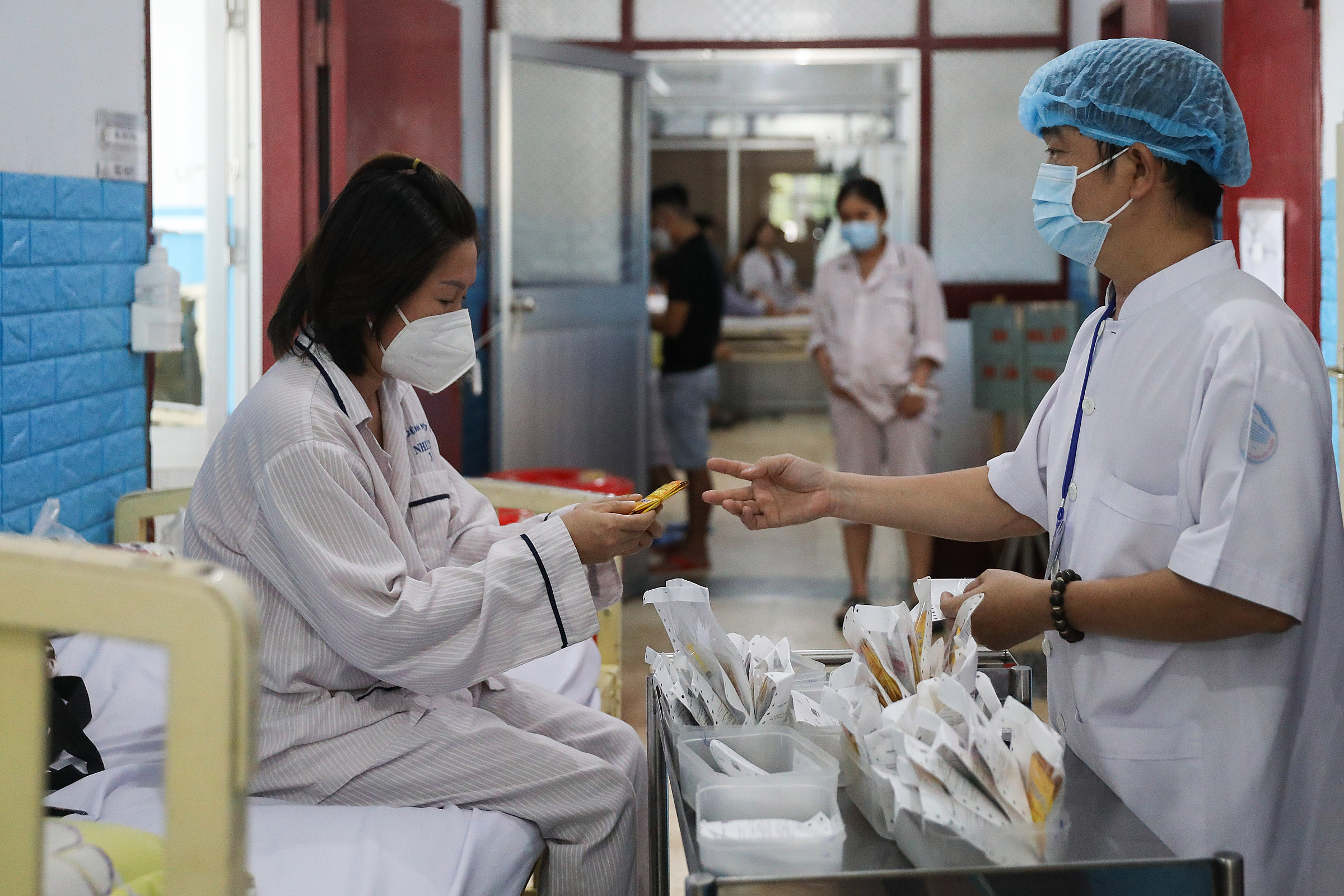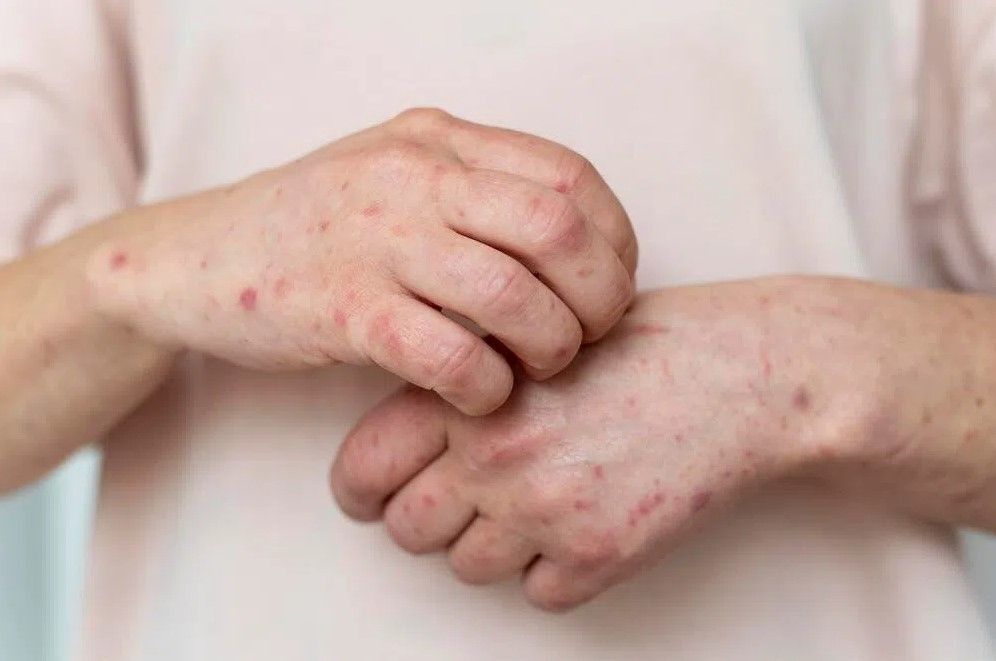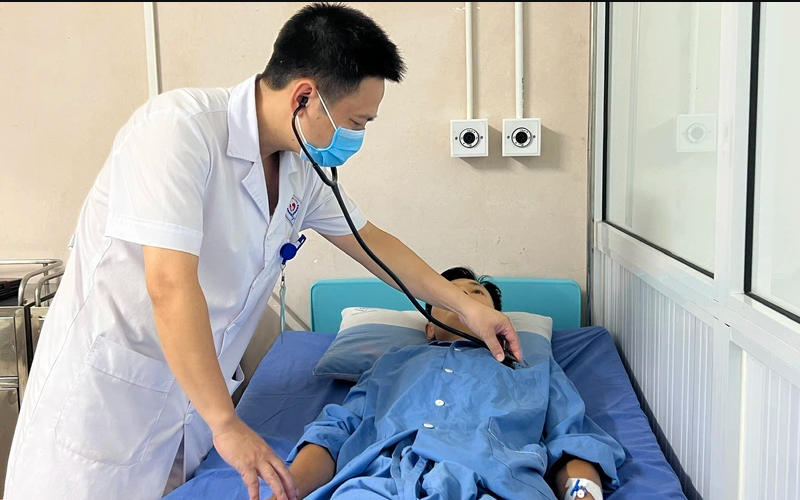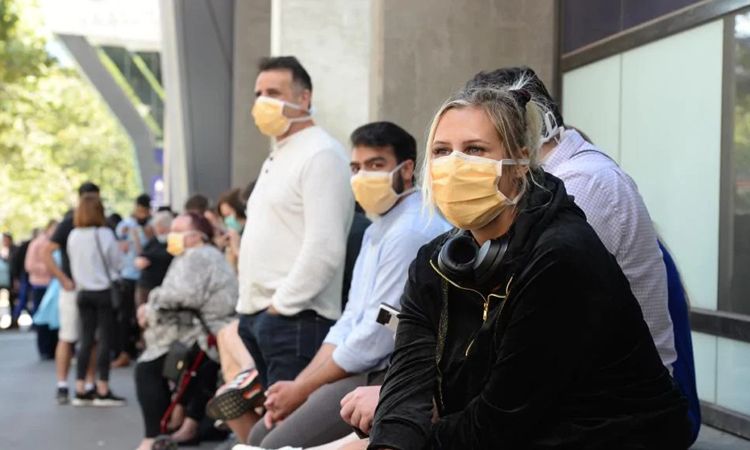El Nino causes mosquito-borne diseases to increase
The Ministry of Health warned that El Nino may increase the transmission of dengue fever and other viruses such as Zika, Chikungunya, Japanese encephalitis, in the near future.
On July 14, the Ministry of Health said that Vietnam is a tropical country with a hot and humid climate and located in an area with high prevalence of mosquito-borne diseases. According to the forecast of the National Center for Hydro-Meteorological Forecasting, the El Nino phenomenon is likely to occur in the second half of 2023. Besides, the weather is starting in the rainy season, creating favorable conditions for the weather. disease-carrying mosquitoes thrive.
In early June, scientists at the Center for Climate Prediction, National Oceanic and Atmospheric Administration (NOAA), also confirmed that El Nino had begun in the Pacific Ocean, causing drought and sunshine. severe warming globally.
"El Nino can increase transmission of dengue fever and other arboviruses such as Zika, Chikungunya, Japanese encephalitis. Climate change also promotes mosquito breeding and increases insect-borne diseases. this causes", the Ministry of Health warned.
Dr. Nguyen Van Dung, Head of Entomology Department, National Institute of Malaria and Parasitology, also said that one of the biggest factors affecting mosquito-borne diseases is the weather. In El Nino years with high temperature background, the number of dengue fever cases also increased. The North this year is hot and sunny, with a lot of rain, creating very good conditions for mosquitoes to grow and multiply. The time from egg to adult will be shortened, about 7-9 days, causing mosquitoes to reproduce more, the possibility of contact between mosquitoes and people is also more. As long as there is a source of disease, there will be an outbreak.
"We have only gone through the first 6 months of the year and according to calculations in the coming period, the evolution of the dengue fever epidemic will become more and more complicated, not decrease," Dung said, citing the North showing signs of increasing In the first 6 months of the year, there were more than 1,000 cases, 60% higher than the same period last year.
In Ho Chi Minh City, Deputy Director of the Department of Health Nguyen Van Vinh Chau, forecast that the dengue epidemic will increase sharply in July and is expected to last until the end of October, according to the annual progress in the city. Although the number of cases in the first half of the year was lower than 2022 - the peak year of the epidemic, in June, the proportion of patients began to increase rapidly.
"It's alarming that the detection rate at risk points is still very high, showing that people are still neglecting to clean up, creating conditions for mosquitoes to develop and spread the disease," said Dr. .

Faced with the above risk, the Ministry of Health requested localities to step up activities to kill larva/larvae in July, maintaining activities once a week in high-risk areas.
Organized vaccination against Japanese encephalitis vaccine for children of vaccination age in the form of regular vaccination with a high rate, complete and on schedule. Medical examination and treatment establishments organize the collection and treatment of patients, minimizing the number of deaths.
People are advised to kill mosquitoes, stay under mosquito nets, and prevent mosquito bites. When infected, do not self-treat at home, immediately go to medical facilities for timely examination and treatment.
* SOURCE: https://vnexpress.net/el-nino-khien-benh-dich-do-muoi-truyen-tang-4629421.html









 Facebook
Facebook
 Tweet
Tweet
 Zalo
Zalo







 News
News

















 Sign in with Facebook
Sign in with Facebook
 Sign in with Google
Sign in with Google